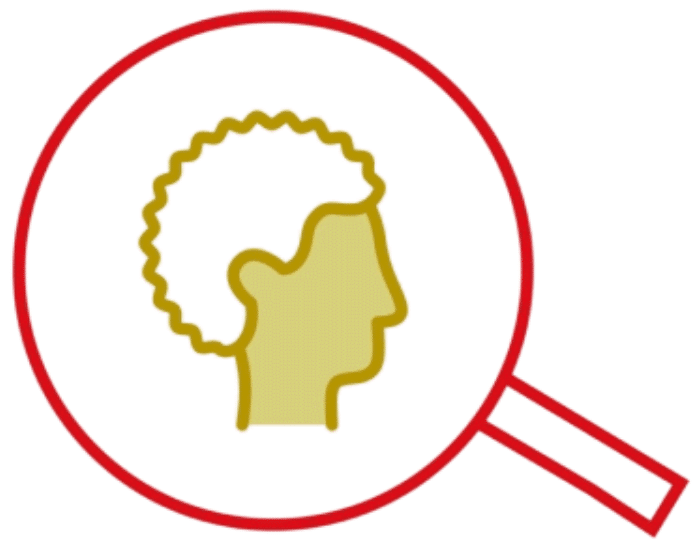In HR and executive hiring, finding the right candidate is crucial to an organization. One influential tool HR professionals and executives can use to identify top talent is behavioral interview questions, which ask candidates to share specific examples of how they managed workplace issues. In this article, we’ll explore the significance of behavioral interview questions and how they can help HR departments and hiring managers make informed decisions that many of our clients have used to find top staff for their teams.
Understanding Behavioral Interview Questions
Behavioral interview questions are designed to uncover a candidate’s past behavior in various situations, which often serves as a reliable indicator of future performance. Unlike questions about hypothetical scenarios, behavioral questions prompt candidates to share real-life examples of how they’ve handled specific challenges, conflicts, crises, or achievements.
Sample Behavioral Interview Questions
Here are some examples of behavioral interview questions that can be adapted for various positions:
- Tell me about a time when you had to resolve a conflict within your team. How did you handle it and what was the outcome?
- Share an experience where you had to adapt to a significant change in your work environment. How did you cope and what did you learn from it?
- Describe a project where you faced tight deadlines with limited resources. How did you prioritize tasks and ensure successful completion?
- Can you provide an example of a situation where you had to lead a team through a challenging project? What strategies did you use to motivate your team and achieve the desired results?
- Share a time when you made a mistake at work. How did you acknowledge and rectify it? What did you learn from the experience?
The Benefits of Behavioral Interview Questions
- Predictive Accuracy: Behavioral interview questions have a high predictive accuracy when evaluating a candidate’s potential fit for a role. By delving into their past experiences and actions, HR professionals and hiring managers can gain valuable insights into how candidates will likely behave in similar organizational situations.
- Objective Assessment: When used across all interviewees, behavioral questions make it easier to compare candidates beyond points on resumes. By applying the same questions consistently across all candidates – thus giving each candidate the opportunity to elaborate based on the same prompts – bias is minimized throughout the hiring process.
- Revealing Soft Skills: Behavioral questions allow candidates to go beyond technical skills by showcasing their ‘soft skills,’ like communication, problem-solving, adaptability, and teamwork. These skills are often as critical as technical expertise (if not more so), especially in leadership roles.
- Cultural Fit Evaluation: Assessing how a candidate’s past behaviors align with the organization’s values and culture is crucial for executives. Behavioral interview questions provide a window into a candidate’s compatibility with the organizational culture.
Implementing Behavioral Interview Questions Effectively
To maximize the effectiveness of behavioral interview questions, HR departments and hiring managers should follow these best practices:
- Preparation: Develop a set of well-defined behavioral questions tailored to the specific role and organizational culture.
- Active Listening: Pay close attention to the candidate’s responses, probing further when necessary to gain a deeper understanding of their experiences.
- Scoring Rubric: Create a scoring rubric or evaluation framework to rate candidates’ answers systematically.
- Consistency: Ensure all interviewers ask the same behavioral questions to maintain consistency and fairness.
- Reference Checks: Use the information gathered from behavioral interviews as a basis for reference checks to corroborate a candidate’s claims.
Conclusion
Behavioral interview questions are indispensable for HR departments and professionals seeking to make informed hiring decisions. By focusing on past behaviors and experiences, these questions provide valuable insights into a candidate’s potential for organizational success.
When used effectively, behavioral interview questions can help identify candidates who are the best match, ultimately contributing to the success and growth of the organization.
In the competitive world of talent acquisition and hiring, harnessing the power of behavioral interview questions can be a game-changer. It’s not just about what candidates say; it’s about what they’ve done and how those actions align with your organization’s vision and values. Make behavioral interview questions an integral part of your hiring process and watch your HR department and team thrive in selecting top talent.
Considering starting an executive search for your organization? Watch below to hear top tips from Development Guild staff Kat Landa, Guirlaine Belizaire, and Suzi Weber.


